Pertuzumab-Based Regimen Continues to Reduce Recurrence in Patients with Early Breast Cancer
A treatment regimen composed of pertuzumab, herceptin, and chemotherapy continues to reduce the risk for disease recurrence in patients with HER2-positive early breast cancer, according to 8-year follow-up data from the APHINITY study.
The benefits of the pertuzumab-based regimen are evident regardless of hormone receptor status, with the greatest benefit seen among patients with lymph node-positive disease.
In the global, randomized phase 3 study, 4,804 patients were assigned to either adjuvant intravenous pertuzumab, herceptin, and chemotherapy, or to chemotherapy, herceptin, and placebo. The study enrolled a cohort of patients with lymph node–positive disease who were deemed at high risk for recurrence.
With a median follow-up of 8.4 years, assignment to the pertuzumab regimen correlated with a 28% reduction in the risk of death or recurrence, with an absolute benefit of 4.9% at 8 years for patients with lymph node-positive disease. (HR = 0.72; 95% CI, 0.6-0.87).
In the overall study population, assignment to pertuzumab correlated with a 23% reduction in the risk of death or recurrence. (HR for invasive disease-free survival = 0.77; 95% CI, 0.66-0.91). A greater percentage of patients assigned to pertuzumab remained disease free. (88.4% vs 85.8%).
Data on overall survival remain immature, although fewer deaths were observed among patients assigned to pertuzumab at the time of reporting (168 vs 202).
Pertuzumab was effective regardless of hormone receptor status. Assignment to pertuzumab was associated with a 25% risk reduction among patients with hormone receptor-positive disease (HR = 0.75; 95% CI, 0.61-0.92), and an 18% reduction among patients with hormone receptor-negative disease. (HR = 0.82; 95% CI, 0.64-1.06).
The researchers identified no new safety signals in this analysis; this also applied to cardiac safety.
Follow-up for the APHINITY study will continue for 15 years from the date of the last patient’s enrollment.
“These updated APHINITY data showed further reduction in the risk of cancer returning or death with a pertuzumab-based regimen in patients with lymph node-positive, HER2-positive early breast cancer, regardless of hormone receptor status. The trend towards a survival benefit was influenced by the lymph node-positive cohort and additional follow-up is very important to determine possible survival benefit and long-term safety of this regimen,” according to Sibylle Loibl, MD, PhD, chair of the German Breast Group and CEO of GBG Forschungs GmbH, in the release.
Reference:
https://www.roche.com/media/releases/med-cor-2022-07-14b
Disclosures: Garraway is an employee of Roche. The APHINITY study was supported by Roche.
Images: Getty, Pixabay
By Cameron Kelsall, MD /alert Contributor



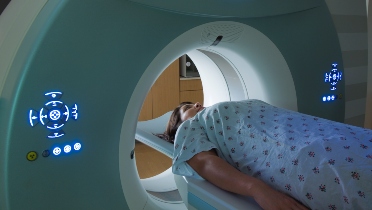




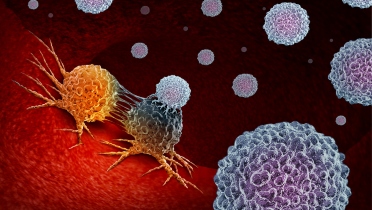






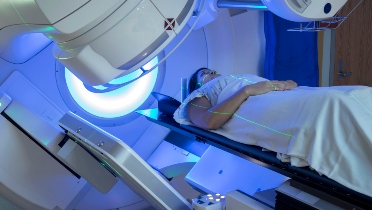
.jpg)
.jpg)
.jpg)
.jpg)

_.jpg)
.jpg)
.jpg)

.jpg)

.jpg)

.jpg)
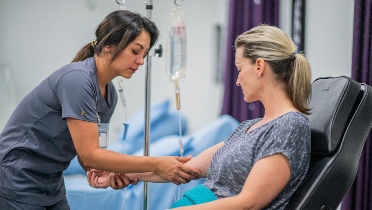
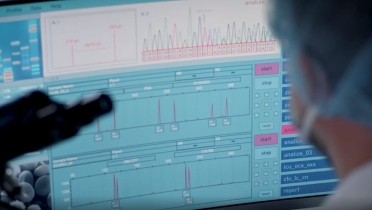
.jpg)

.jpg)
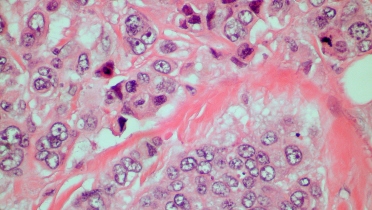
.jpg)

.jpg)
.jpg)

.jpg)
.jpg)

.jpg)

.jpg)
.jpg)
.jpg)
.jpg)
.jpg)
.jpg)
.jpg)
.jpg)
.jpg)
.jpg)
.jpg)
.jpg)
.jpg)
.jpg)
.jpg)

.jpg)

.jpg)
.jpg)
.jpg)
.jpg)

.jpg)
.jpg)

.jpg)
.jpg)
.jpg)
.jpg)

.jpg)

.jpg)
.jpg)
.jpg)



.jpg)
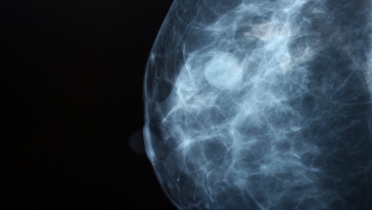
.jpg)
.jpg)
.jpg)
.jpg)
.jpg)
.jpg)

.jpg)
.jpg)

.jpg)
.jpg)

.jpg)
.jpg)
.jpg)
.jpg)
.jpg)
.jpg)
.jpg)
.jpg)
.jpg)

.jpg)


.jpg)

.jpg)

.jpg)
.jpg)
.jpg)
.jpg)

.jpg)
.jpg)
.jpg)
.jpg)
.jpg)
.jpg)
 Featured Breast Cancer Videos
Featured Breast Cancer Videos.jpg)